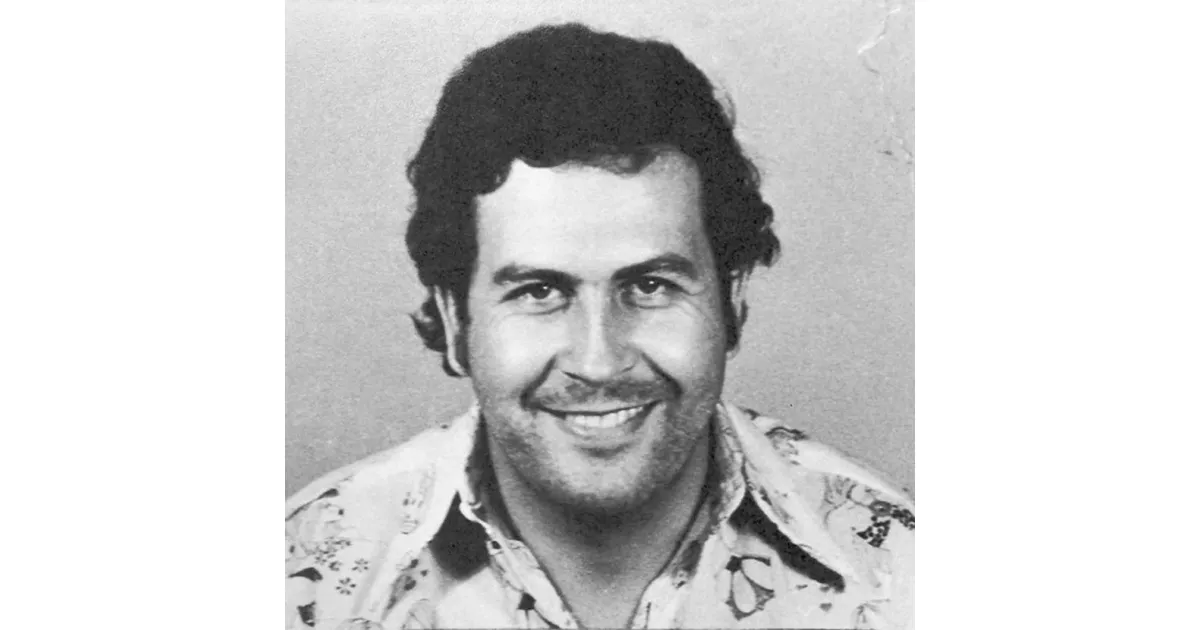Public opinion and media debates around Pablo Escobar—discover key moments of controversy.
Pablo Escobar, the 'King of Cocaine', was the leader of the Medellín Cartel, which dominated the cocaine trade in the US during the 1980s and early 1990s. He amassed immense wealth through his criminal activities. Escobar was a narcoterrorist and politician who became one of the richest criminals in history with an estimated net worth of $30 billion by the time of his death.
35 minutes ago : Pablo Escobar's hippos dung art, narco recruitment in Mexico on the rise.
An art installation using Pablo Escobar's hippopotamus dung aims to treat depression. Mexican cartels use social media to recruit minors, emulating Escobar's tactics.
1971: Kidnapping of Diego Echavarria
In the summer of 1971, Pablo Escobar's gang kidnapped businessman Diego Echavarria and killed him after receiving a $50,000 ransom from the Echavarria family. This event made Escobar's gang well known.
1976: Investigation of Escobar's Arrest
In 1976, the arrest of Pablo Escobar was investigated by subordinates of Rodrigo Lara-Bonilla, who had become Escobar's opponent in Congress.
January 1984: Escobar's Retirement from Politics
In January 1984, Pablo Escobar announced his retirement from politics, after being expelled from the Liberal party by Luis Carlos Galán. Three months later, Lara-Bonilla was murdered.
1984: Assassination of Rodrigo Lara
In 1984, Colombia's justice minister Rodrigo Lara was assassinated.
November 1985: Los Extraditable Organization
In the fall of November 1985, Pablo Escobar requested conditional surrender without extradition to the United States. When this was rejected, he founded and implicitly supported the Los Extraditable Organization, which aimed to fight the extradition policy and was accused of supporting the guerrilla movement that attacked the Colombian Judiciary Building on 6 November 1985.
1985: Escobar's role in the Palace of Justice siege
In 1985, according to Vallejo, Escobar financed the Palace of Justice siege committed by M-19; Vallejo blamed the army for the killings of more than 100 people.
1986: Supreme Court Decision on Extradition Treaty
In late 1986, Colombia's Supreme Court declared the previous extradition treaty with the United States illegal due to being signed by a presidential delegation, not the president, marking a victory for Pablo Escobar. However, the victory was short-lived.
1988: Bombing of Edificio Mónaco
In 1988, the Edificio Mónaco, initially built for Escobar's wife, was gutted by a Cali Cartel car bomb and had remained unoccupied ever since.
August 1989: Assassination of Luis Carlos Galán
On August 18, 1989, Luis Carlos Galán was assassinated on Pablo Escobar's orders. Escobar then planted a bomb on Avianca Flight 203 in an attempt to assassinate Galán's successor, César Gaviria Trujillo, which resulted in the death of 107 people and intervention from the U.S. government.
1989: Santofimio Accused in Galán Assassination
In 1989, former Senator Alberto Santofimio was accused of conspiracy in the assassination of presidential candidate Luis Carlos Galán.
1989: Assassination of Luis Carlos Galán
In 1989, the presidential candidate Luis Carlos Galán was assassinated.
1991: Escobar's Surrender
In 1991, after the assassination of Luis Carlos Galán, Pablo Escobar surrendered to Colombian authorities, declaring an end to his violent acts, in exchange for a reduced sentence and preferential treatment. The newly approved Colombian Constitution of 1991 prohibited the extradition of Colombian citizens to the United States.
August 2011: Santofimio sentenced to prison
In August 2011, Santofimio was sentenced to 24 years in prison for his role in the assassination of Galán.
June 2018: Accusation of money laundering in Argentina
On June 5, 2018, in Argentina, federal judge Nestor Barral accused Maria Isabel Santos Caballero (formerly María Victoria Henao) and her son, Sebastián Marroquín Santos, of money laundering with two Colombian drug traffickers. The judge ordered the seizing of assets for about $1m each.
February 2019: Demolition of Edificio Mónaco
On 22 February 2019, Medellín authorities demolished the six-story Edificio Mónaco apartment complex in the El Poblado neighborhood where Escobar planned some of his most brazen attacks. Colombian president Ivan Duque said the demolition "means that history is not going to be written in terms of the perpetrators, but by recognizing the victims".
Mentioned in this timeline
Home Box Office HBO is an American pay television service...
The United States of America is a federal republic located...
California is a U S state on the Pacific Coast...
Colombia officially the Republic of Colombia is a country located...
Virginia a state in the Southeastern and Mid-Atlantic US lies...
Florida a state in the Southeastern United States is largely...
Trending
34 minutes ago Zimbabwe launches HIV prevention drug Lenacapavir; Kenya to roll out HIV shots.
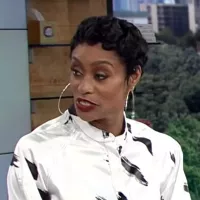
34 minutes ago Tami Roman Shines in 'Double Double Trouble' Premiere on Lifetime Channel
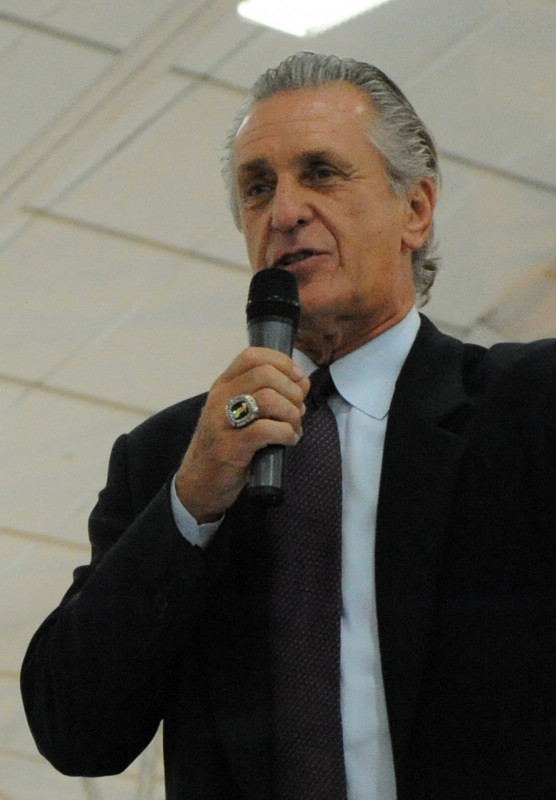
34 minutes ago Pat Riley Honored with Statue Outside Lakers' Arena, Cementing Legacy.
35 minutes ago Sheldon Creed Secures First Career Win at EchoPark Speedway in O'Reilly Race.
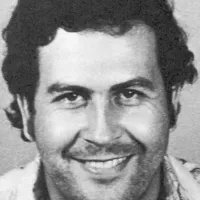
35 minutes ago Pablo Escobar's hippos dung art, narco recruitment in Mexico on the rise.
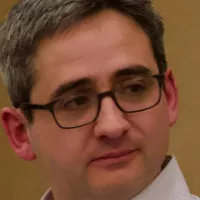
2 hours ago Cavaliers defeat Hornets 118-113: Game recap and key takeaways from the match.
Popular

Jesse Jackson is an American civil rights activist politician and...

Barack Obama the th U S President - was the...

Bernie Sanders is a prominent American politician currently serving as...

Michael Joseph Jackson the King of Pop was a highly...
WWE Raw a professional wrestling television program by WWE airs...

Ken Paxton is an American politician and lawyer serving as...
